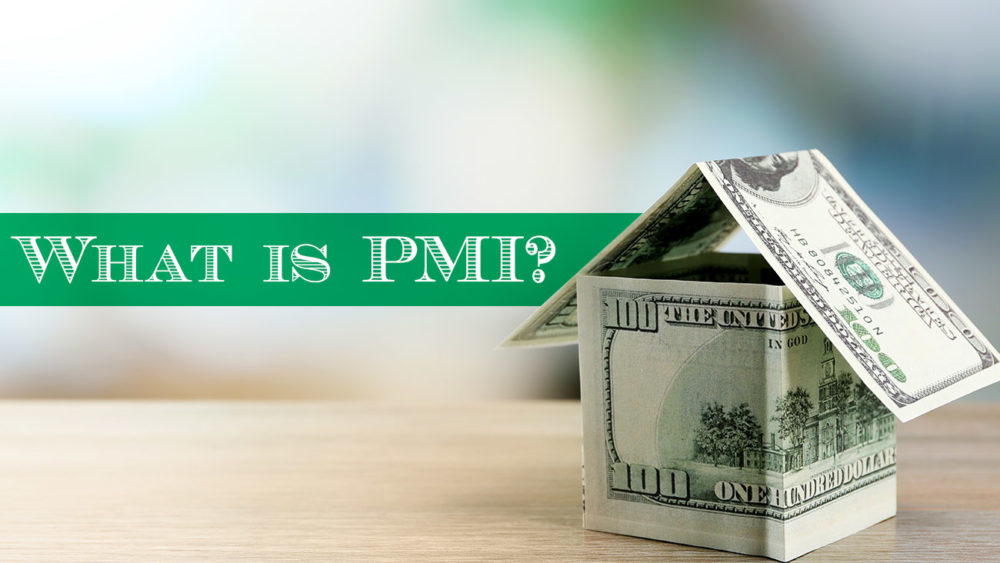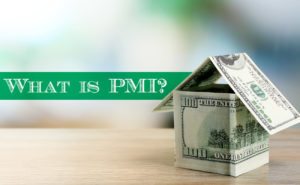What is PMI?
Private Mortgage Insurance (PMI) is an insurance policy that protects lenders against loss if borrowers stop paying the home loan. Most lenders require PMI when you make a down payment of less than 20% of the home’s purchase price. PMI is usually arranged by the lender and provided by private insurance companies. The borrowers pay their PMI monthly until they have accumulated sufficient equity in the house that the lender no longer considers them high-risk.
How much it costs?
PMI costs can vary from 0.25% to 2% of your loan balance per year depending on your credit score, the amount of down payment and the loan term. The greater your risk factors, the more you will pay for it. Moreover, since PMI is paid by percentage, the more you borrow, the more you will pay.
How long will you carry PMI?
Once the loan to value (LTV) ratio of your mortgage drops down to 78%, which means that your down payment and the loan principal you have paid off, equals 22% of the home’s purchase price, the lender will automatically cancel the PMI as required by the federal law.
What are the different types of PMI?
There are typically three different kinds of PMI:
- Single Premium PMI: For this PMI, you should pay the mortgage insurance premium upfront in a single lump sum. The single premium can be paid in full at closing or financed into the mortgage.
- Borrower-Paid PMI (BPMI): You will pay a premium monthly until your PMI is ended, or when it is canceled at your request.
- Lender-Paid PMI (LPMI) The lender pays for the PMI on behalf of the borrower. This type of PMI makes for a lower monthly mortgage payment, but you may end up paying more in interest as rates are usually much higher for this PMI. You cannot cancel LPMI because it is a permanent part of the loan.



Comments are closed.